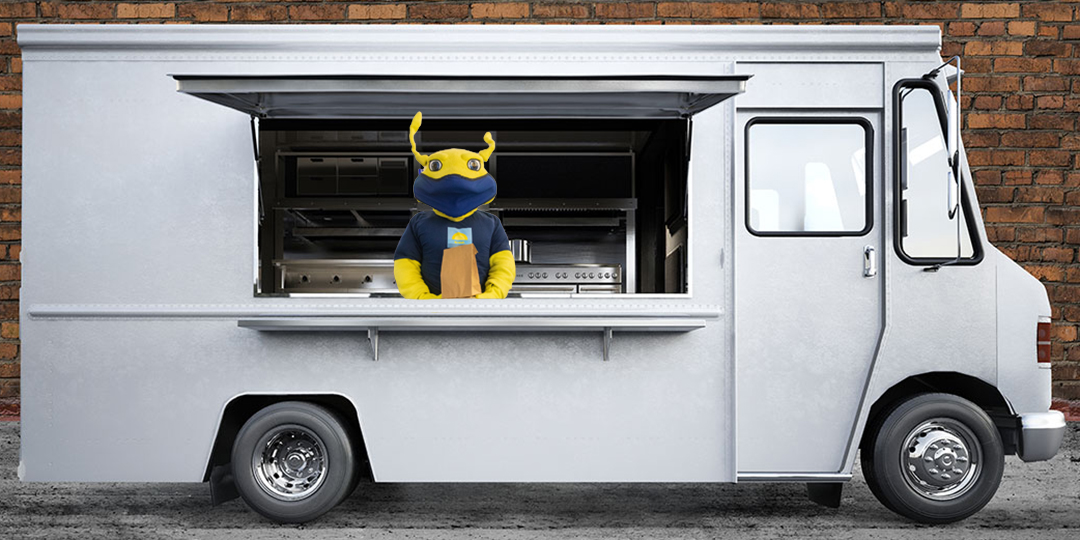Company insurance is intended to safeguard the financial assets of a business owner and is a necessary investment for a food truck.

This article will discuss the primary insurance coverage for food trucks, general liability insurance, as well as additional policies that are appropriate for this industry.
Table of Contents
Food Truck General Liability Insurance
Every firm, regardless of sector, has risks that should be insured. General liability insurance is the most frequent and comprehensive form of coverage that company owners purchase.
General liability insurance covers the following risks:
Physical harm
Damage to property
Medical expenses
Legal defence and decision
Personal and commercial harm
While general liability insurance is not legally needed for companies, operating without it is exceedingly dangerous. If your company is sued, you might face costs in the hundreds of thousands of dollars (or more). The only way to avoid this sort of catastrophe from destroying your organisation is to have an adequate general liability insurance coverage in place to assist pay for these losses.
COMMON SITUATIONS THAT A FOOD TRUCK’S GENERAL LIABILITY INSURANCE MAY COVER
Example 1: A company is thinking about having your food truck park outside of their building every weekday for their workers. First and foremost, the company owner want to inspect your vehicle. He falls over a crate and fractures his wrist while inside. He requests that you pay for his medical care. This is most likely covered by your general liability insurance.
Example 2: A rival dislikes your most recent marketing effort. He sues you, alleging that you have slandered his company. Your legal bills will be covered by your general liability insurance.
Example 3: While putting goods onto your vehicle, one of your staff accidently knocks a client to the ground. She injures her arm and sues your company. Your general liability insurance will cover the cost of your legal defence, including a settlement if necessary.
Of course, this is not an entire list of risks covered by a general liability insurance policy, and certain situations may result in a specific peril not being covered. To minimise coverage gaps, it’s always better to speak with your agent about the terms of your policy.
General Liability Insurance Cost
Food trucks in America typically pay between $450 and $1,000 per year for $1 million in general liability insurance.
The cost of your coverage will be determined by a number of variables. Among them are your:
Location
Deductible
Employees’ number
Per-occurrence restriction
The overall aggregate limit
You may be able to get general liability insurance at a lower cost if you buy it as part of a business owner’s policy (BOP) rather than as a separate policy. A business interruption policy (BOP) is a more complete option that covers numerous types of coverage, such as business interruption and property insurance.
Other Types of Coverage Required by Food Trucks
While general liability insurance is the most crucial, there are various different types of coverage to be aware of. Other forms of insurance that every food trucks should have are as follows:
Insurance for Product Liability
There is always the possibility that one of your consumers may sue your company, alleging that one of your items injured him or her. If this occurs, your product liability insurance will cover your legal expenses. It will also pay for an out-of-court settlement if necessary.
Insurance for Commercial Vehicles
Your food truck is a vehicle, and vehicles used mostly for business need commercial auto coverage. Your coverage will cover damage to your car as well as damage to other vehicles if you are at fault in an accident. It will also cover the costs of any injuries.
Types of Insurance That Some Food Trucks May Require
In addition to the insurance listed above, your food truck may need other forms of coverage based on particular features of your business. Some of them may not apply to you, so be sure to ask your agent whether policies are appropriate for your company.
Umbrella Insurance for Businesses
An umbrella policy extends the protection provided by a general liability insurance policy. It is conceivable that your general liability insurance limits may be surpassed, for example, if you lose a large case. If this occurs, your umbrella insurance will kick in and pay out until its limitations are met.
Insurance for Workers’ Compensation
If you have employees, you must have a workers’ compensation coverage in most states. If one of your workers is injured while doing work-related responsibilities, the insurance you carry will pay for medical care. It will also cover part of the employee’s lost salary if they are unable to work due to the injury.
Additional Security Measures for Your Company
Although investing in company insurance is simple (and necessary), it should not be your first line of defence. Yes, insurance will reimburse your company for cash losses incurred as a result of an occurrence, but it is much preferable to avoid losses altogether.
With this in mind, here are a few steps you can take to better secure your company:
Make use of legally binding contracts and other business agreements. (We provide free templates for several of the most often used legal forms.)
To safeguard your personal assets, form a limited liability company (LLC) or a corporation. (To discover how to incorporate an LLC or company in your state, see our step-by-step tutorials.)
Stay up to date with business licensing.
Streamline your business’ internal processes. This will eliminate unneeded variables from routine activities and establish a secure, consistent environment in which to do business.
If your company is an LLC, you should check into LLC insurance.
